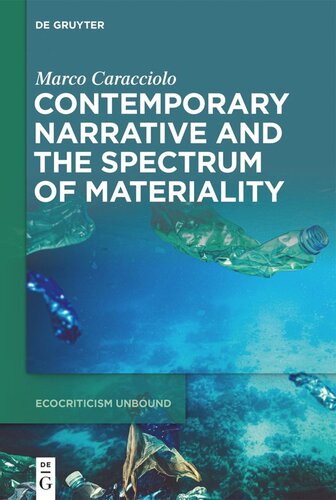

Most ebook files are in PDF format, so you can easily read them using various software such as Foxit Reader or directly on the Google Chrome browser.
Some ebook files are released by publishers in other formats such as .awz, .mobi, .epub, .fb2, etc. You may need to install specific software to read these formats on mobile/PC, such as Calibre.
Please read the tutorial at this link: https://ebookbell.com/faq
We offer FREE conversion to the popular formats you request; however, this may take some time. Therefore, right after payment, please email us, and we will try to provide the service as quickly as possible.
For some exceptional file formats or broken links (if any), please refrain from opening any disputes. Instead, email us first, and we will try to assist within a maximum of 6 hours.
EbookBell Team

4.7
106 reviewsHow do physical things differ from non-things—human subjects, animals, abstract ideas, or processes? Those questions, which are as old as philosophy itself, have inspired contemporary debates in ecocriticism, thing theory, and in the interdisciplinary field of new materialism. This book argues that contemporary narrative is well placed to map out and work through the spectrum of the material and the philosophical questions that underlie it. This is because narrative does not resolve the tensions at the heart of conceptions of materiality but rather reframes them, envisioning their implications and exploring their relevance to concrete contexts of human interaction. This monograph is structured around a number of novels, experimental fiction, films, and video games that imagine the inherent agency of things but also interrogate the affective and ethical significance of materiality in human terms. Its aim is to demonstrate the power of formal narrative analysis to foster conceptually and ethically sophisticated ways of thinking about thingness in times of ecological crisis—that is, times in which "stuff" can no longer be taken for granted.